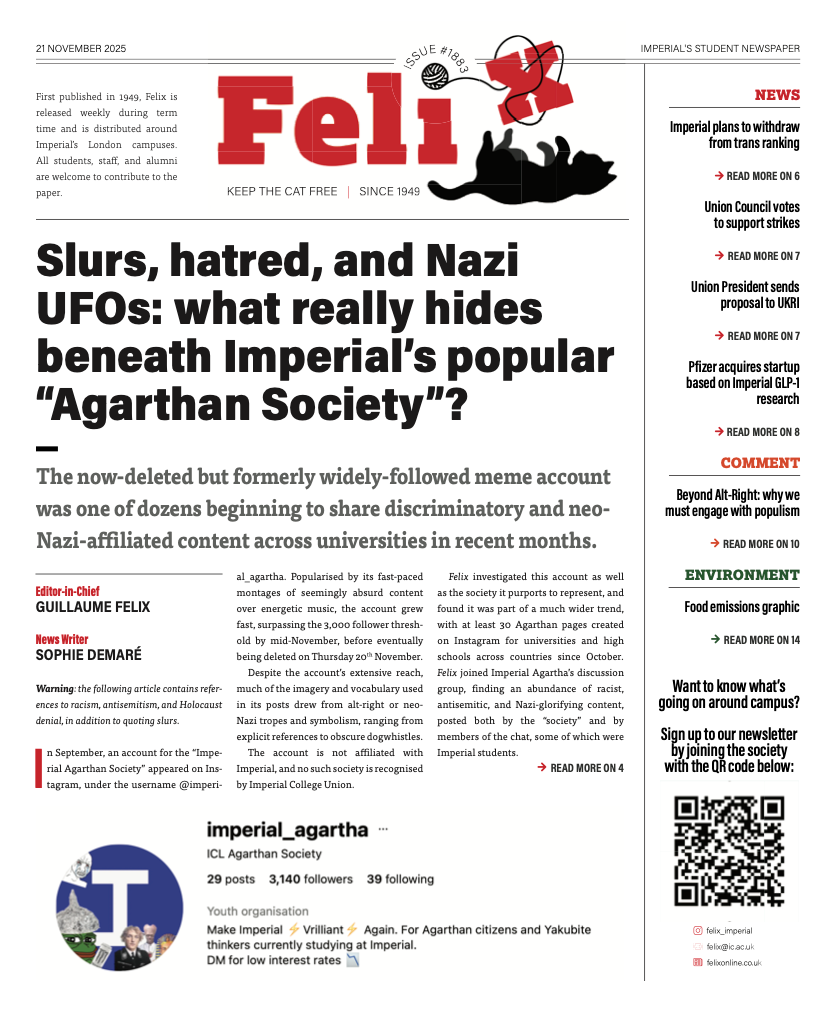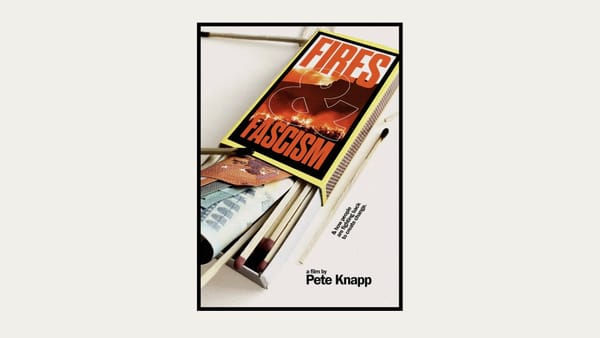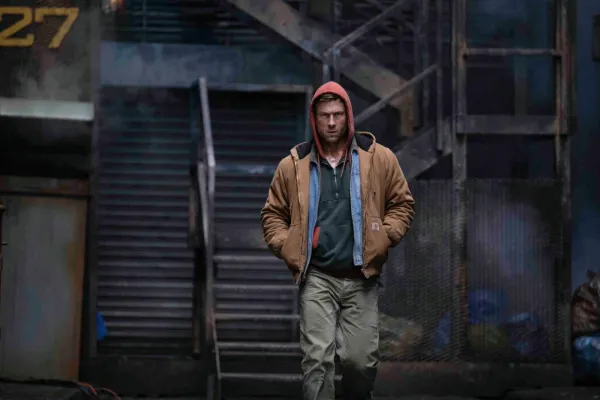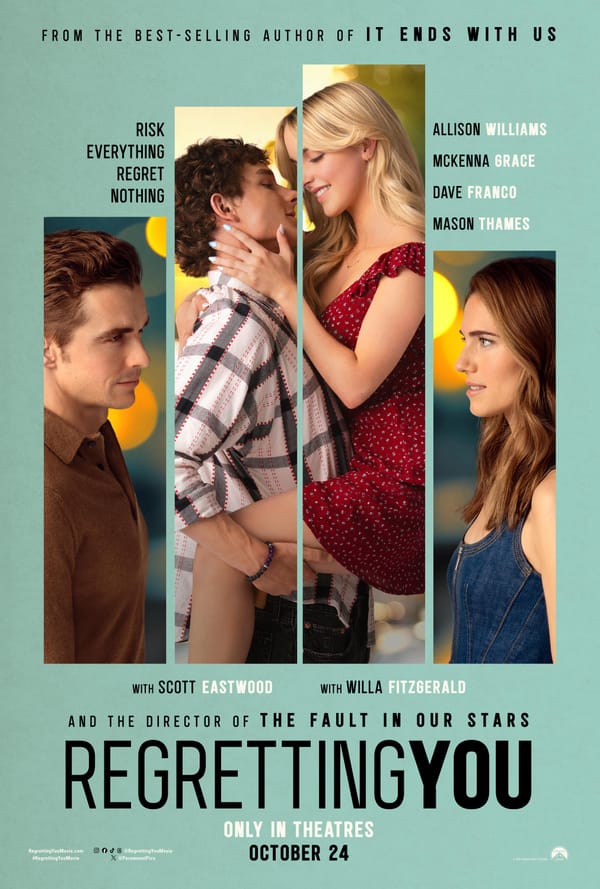My Father's Shadow
Grief in the absence: capturing Nigeria’s forgotten promises and the painful scars of the 1993 coup d’état.
To me, Nigerian movies are synonymous with YouTube – ridden with adverts, sometimes poor audio or questionable special effects, and with a large watermark obstructing the film itself. In my household, my mother always chose the films we’d watch, saying they reminded her of her home, but to me they all had the same plot, in similar locations. They rarely showed Nigerian history and mythos.
This is why I was so excited to see My Father’s Shadow, a semi-autobiographical film directed by Akinola Davies Jr and written by him and his brother, Wale Davies. Being the first Nigerian film shown in Cannes Film Festival and the UK’s pick to be nominated for Best International Feature Film in the Oscars, I knew it was going to be special.
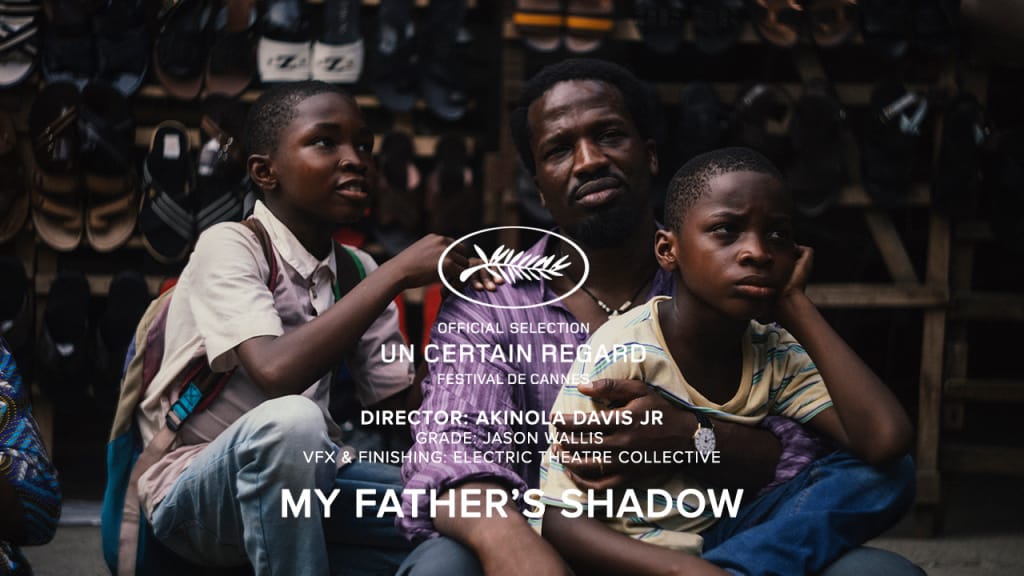
The film follows two brothers, Remi and Akin, spending the day in Lagos with their father Folarin in 1993 Nigeria. The atmosphere then was very politically charged – the country was moving from military occupation to “democracy,” and the film does not let you forget that. It’s important to also note that Folarin is an elusive figure to the children: he is always working two hours away in Lagos despite the family home being in a village in Ibadan. The children seem even bewildered or amazed by the presence of their father: they long to feel his light, after feeling his absence for so long. Despite his distance, Folarin is filled with so much love for his sons. Maybe to love is to be absent, helping from afar. And just as the boys wished for teaching and guidance from their father, on a larger scale, Nigerians in 1993 wished for guidance from a just leader after decades of military dictatorship.
The film is very clearly set from a child’s point of view, with childlike naivety and innocence. Like a child we piece together the unrest the country feels, bit by bit. From a bus breaking down due to the petrol shortage, newspapers used to wrap food, or Folarin’s desire and passion for a better future for his children, we begin to see how desperate the country is for change. “This suffering must end,” says a lady on an overcrowded bus the family uses to travel into Lagos, which eventually breaks down due to the petrol shortage.
The grief that comes with absence, whether from change or from a father.
Even the way the film is shot shows the world from the boys’ eyes; the camera is at a low angle, as if we’re looking up trying to be included in the conversation. It sometimes lingers closely on a person’s face for a bit too long, like we are trying paint an image of them to remember this moment for a little longer. It makes sense why they would want to soak in this moment as well: the boys are trying to hold onto this day with their father, knowing that one day he will leave. Folarin tells his sons, “The memories that cause you pain when someone leaves are the same ones that will comfort you later.”
I watched My Father’s Shadow as part of Film Africa’s opening ceremony, including an intro and Q&A by Akinola Davies Jr, the incredible director. One quote he said really stuck with me: “Africans deserved to see their home shot in the most beautiful format possible.” And this is true. Each shot lingers on the beauty of Lagos, juxtaposing the usual Lagosian hustle and bustle. He captures both the joy and the pain of Lagos, in a way unseen in cinemas before. Not wanting to focus on the stereotypes, Davies and his crew create a beautiful, rich portrayal of Lagos, which isn’t hard as the city is already full of life. The film somehow made me miss a Lagos I never knew.
Overall, this film to me is about the grief that comes with absence, whether from change or from a father. Thirty years after the election, not much has changed in Nigeria – it is still failing its people. People still cry “NEPA!”, when the electricity shuts down, corruption still lurks in the government and military, and so many people are still smiling through suffering. One would have hoped so much change would’ve been enacted by now. Ultimately, the film beautifully acknowledges the scars this election left on the country and allows the audience to grieve for the forgotten promises of what Nigeria could’ve been.

